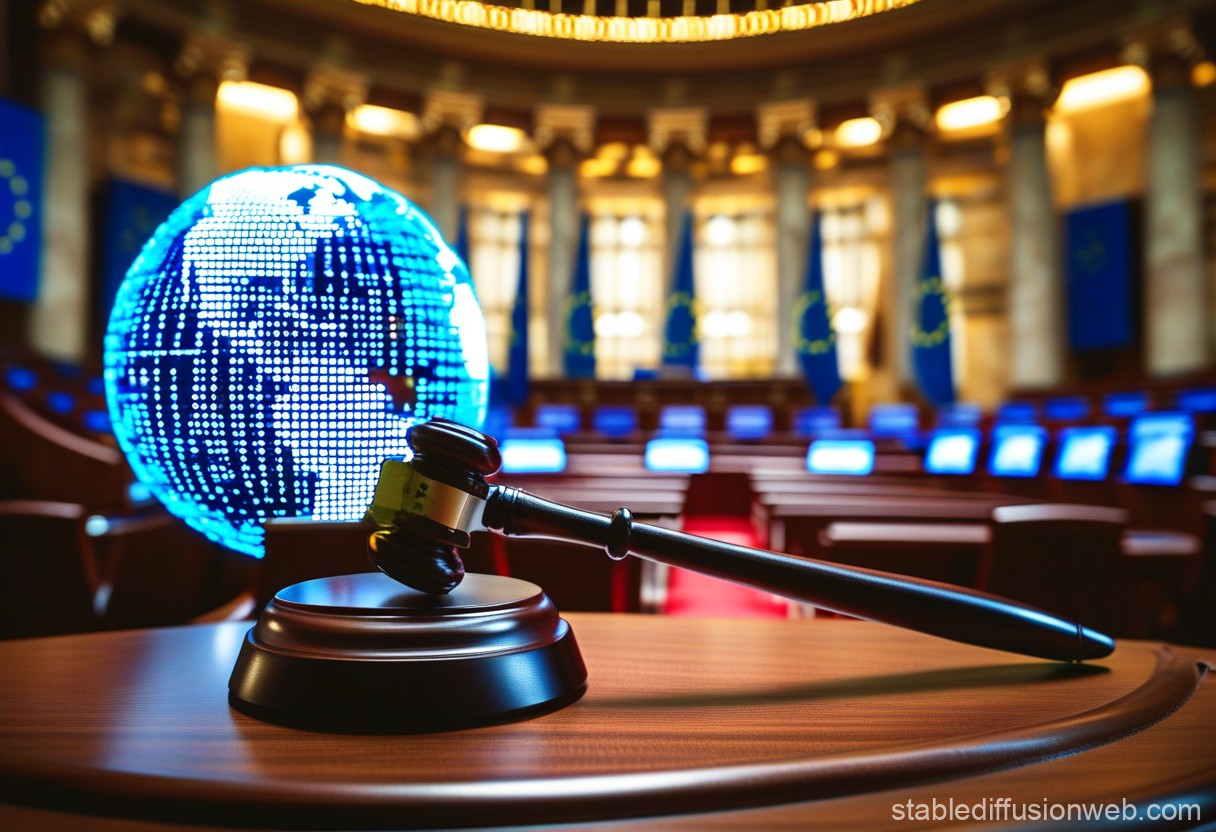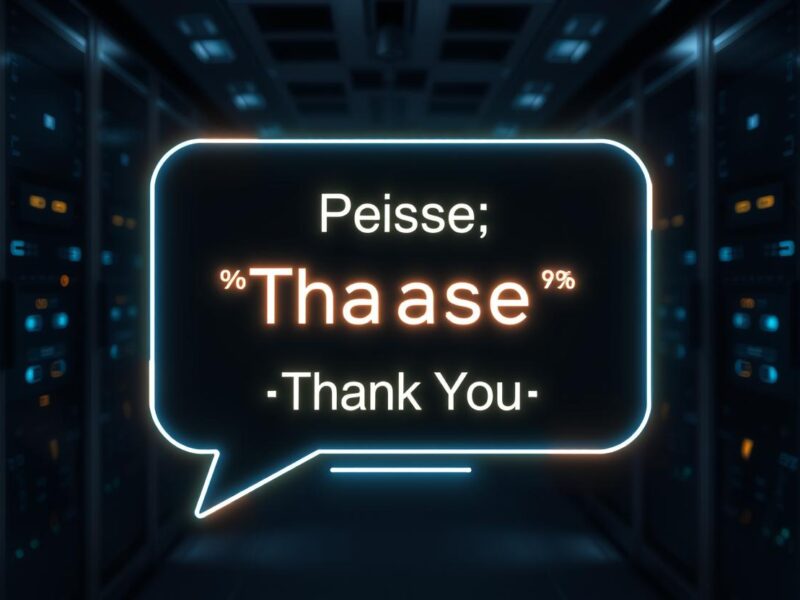As of this Sunday, the European Union embarks on a pioneering journey to regulate artificial intelligence, wielding the authority to ban systems classified as posing an “unacceptable risk” under the newly enacted AI Act. This legislation, a product of years of deliberation, marks a significant milestone in the global discourse on AI governance. 🏛️
The AI Act introduces a nuanced classification of AI applications, from minimal to unacceptable risk, each with its own set of regulatory implications. This stratification raises profound questions about the balance between innovation and ethical responsibility. Where do we draw the line between beneficial AI and tools that threaten our societal fabric?
At the heart of the Act’s prohibitions are AI systems that manipulate, exploit, or discriminate against individuals. These include social scoring, subliminal influence techniques, and predictive policing based on biased data. Such applications not only infringe on personal privacy but also erode trust in technology. How do we ensure accountability in an era where algorithms increasingly influence human lives?
The penalties for non-compliance are severe, reflecting the gravity of the risks involved. Yet, the path to enforcement is fraught with complexities. The delay in implementing fines underscores the challenges of regulating a rapidly evolving technological landscape. Can legislation keep pace with innovation, or are we destined to play catch-up?
Voluntary compliance initiatives, such as the EU AI Pact, highlight the industry’s role in shaping ethical standards. However, the absence of key players from this agreement raises questions about the efficacy of self-regulation. What mechanisms can ensure that all stakeholders contribute to a future where AI serves the common good?
Exceptions within the Act, particularly for law enforcement, introduce a delicate balance between security and civil liberties. The use of AI in public surveillance, even under strict conditions, prompts a reevaluation of our collective values. How do we reconcile the need for safety with the imperative to protect individual freedoms?
As the EU prepares to release further guidelines, the interplay between the AI Act and existing regulations like GDPR remains a critical area of concern. The complexity of this regulatory ecosystem reflects the multifaceted challenges of governing AI. What lessons can we learn from this approach to inform global AI policy?
The EU’s AI Act is not just a regulatory framework; it is a philosophical statement on the kind of future we wish to build. As we navigate this uncharted territory, the choices we make today will shape the trajectory of AI development for generations to come.


